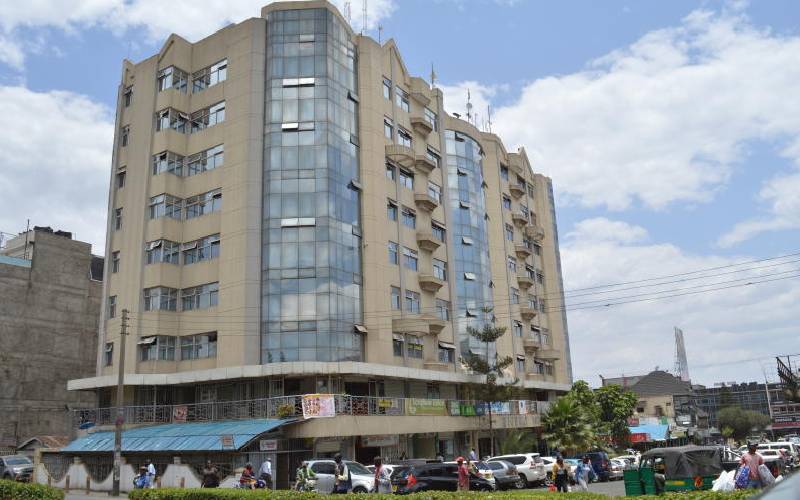Highway Towers is one of the modern buildings in Nakuru CBD. [Harun Wathari, Standard]
×
The Standard e-Paper
Home To Bold Columnists

Highway Towers is one of the modern buildings in Nakuru CBD. [Harun Wathari, Standard]
The elevation of Nakuru into a city has birthed big development plans that have seen the emergence of modern buildings in the central business district (CBD) and its environs.